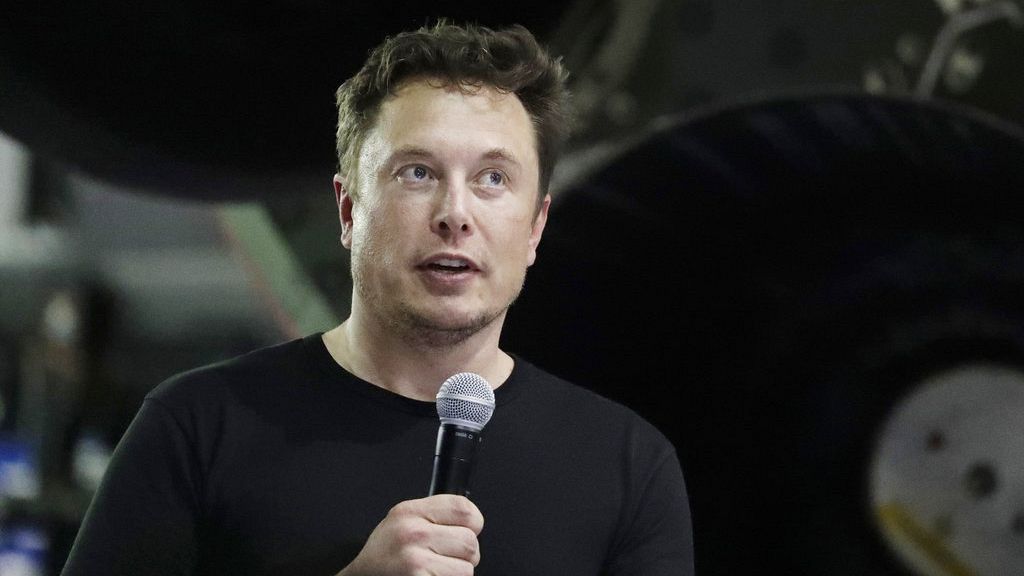The trajectory of X, formerly known as Twitter, has undergone a significant shift, witnessing a remarkable 71% decrease in its value since Elon Musk’s acquisition in late 2022. This downturn has raised concerns and prompted a closer examination of the dynamics surrounding Musk’s involvement with the social media giant.
Fidelity, a prominent investment group, conducted a comprehensive evaluation on Monday (January 1), marking the second instance of X’s devaluation in 2023, as reported by Axios. Musk had initially secured the acquisition of Twitter for a substantial $44 billion. Fidelity played a crucial role in facilitating Musk’s takeover, contributing a significant $33.5 billion through equity investment, while the remaining funds were secured through debt financing. This strategic move transformed Twitter into a privately held company, finalized in October 2022.
Despite these developments, both Twitter and Fidelity have chosen to remain tight-lipped in response to the latest valuation, refraining from providing comments to FOX Business.
Elon Musk’s stance on Twitter underwent a noticeable shift following the acquisition. Initially a vocal critic of the platform, Musk expressed concerns about its impact on democracy and civilization. He attributed these concerns to what he characterized as a left-wing “mind virus” propagated by the platform’s leadership and employee base.
The early stages of Musk’s leadership at X were marked by headline-making decisions, including the termination of a substantial number of employees. Additionally, Musk adopted a bold approach towards advertisers, dismissing their concerns and even threatening to distance the platform from them.
In a noteworthy incident in late November, Musk responded defiantly to advertisers leaving the platform, stating, “What this advertising boycott is going to do is, it is going to kill the company. And the whole world will know that those advertisers killed the company.” His blunt message to advertisers included a direct “go f— yourself.”
Moreover, Musk addressed Disney CEO Bob Iger’s contemplation of pulling advertising from the platform with a similar brashness. “Don’t advertise. If someone is going to try and blackmail me with advertising? Blackmail me with money? Go f— yourself,” Musk asserted, underlining his unwavering stance on the matter.
During an interview, Musk took the opportunity to apologize for endorsing an antisemitic conspiracy theory on X, acknowledging its role in fueling an advertiser exodus. These developments unfolded shortly after Musk’s visit to Israel, where he toured a kibbutz attacked by Hamas terrorists and engaged in discussions with top leaders.
The evolving narrative of X under Elon Musk’s leadership encompasses financial challenges, strategic decisions, and a notable shift in Musk’s approach to addressing concerns and controversies associated with the platform. The impact of these developments on the future trajectory of X remains a subject of keen observation in both financial and social spheres.
